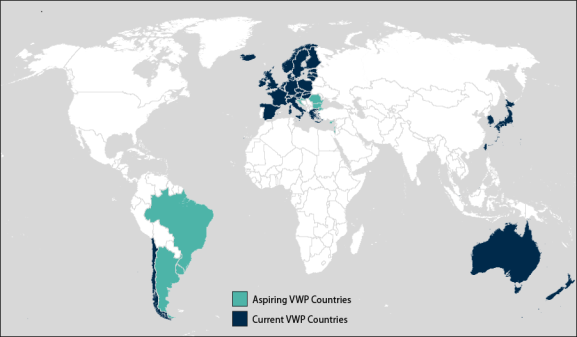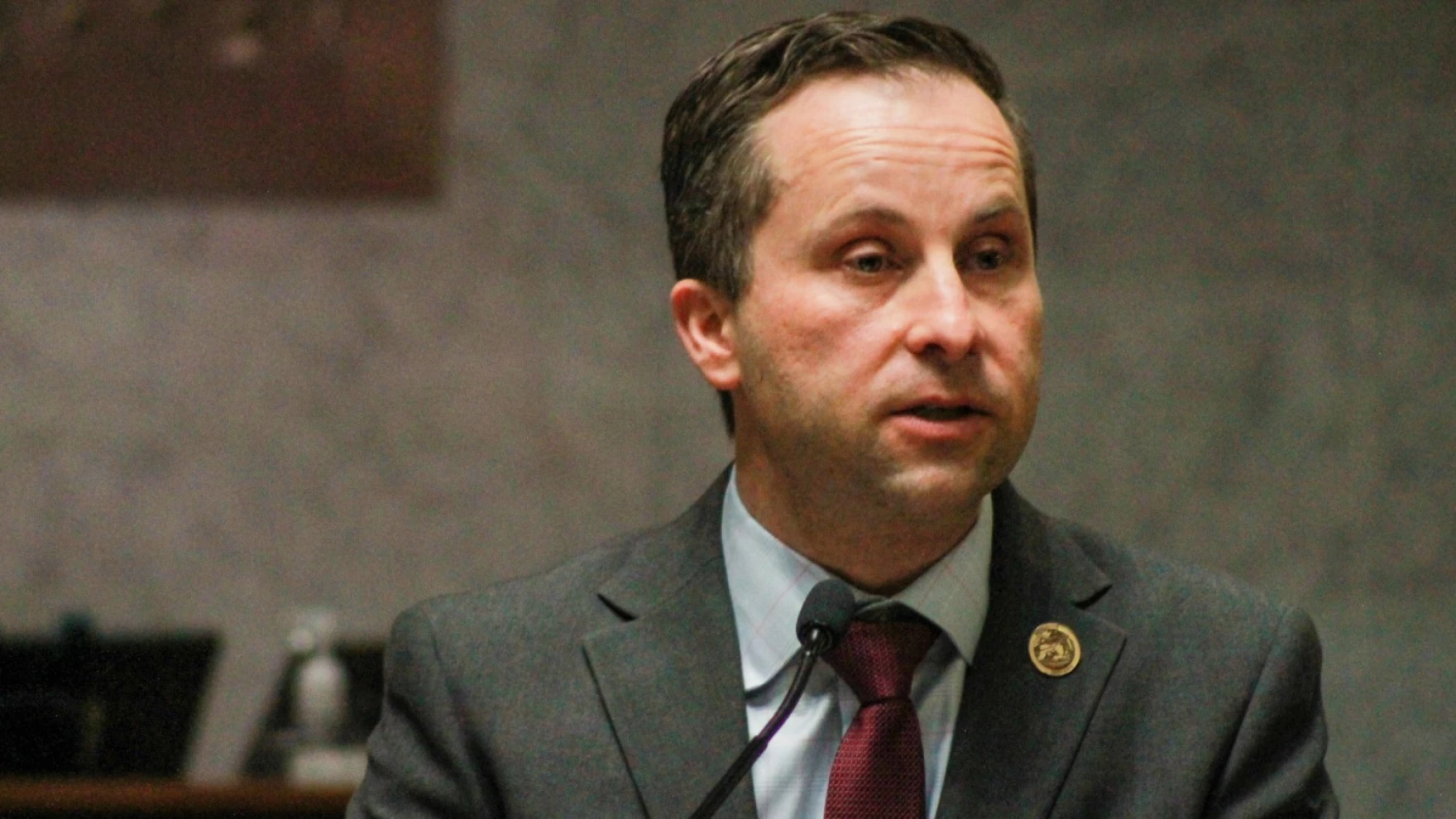The Visa Waiver Program (VWP) is a long-standing travel policy that allows citizens from certain countries to visit the United States without obtaining a visa. This program is designed to simplify travel for short-term visitors while maintaining national security protocols. It is managed by the U.S. Department of Homeland Security (DHS) in coordination with the U.S. State Department.
The Visa Waiver Program permits eligible travelers to enter the United States for tourism, business, or transit purposes for up to 90 days without the need for a traditional visa. However, travelers must obtain authorization through the Electronic System for Travel Authorization (ESTA) before boarding their flight or ship to the United States. ESTA approval is valid for two years or until the traveler’s passport expires, whichever comes first. Travelers are encouraged to apply at least 72 hours before departure, although earlier applications are advised to avoid last-minute issues.
Only citizens of countries approved for the Visa Waiver Program can participate. As of 2025, the program includes 40 countries, such as the United Kingdom, Germany, France, Italy, Japan, South Korea, Australia, New Zealand, Singapore, and Chile, among others. Notably, being a resident or passport holder is not enough—only full citizens of participating nations qualify. These travelers must also have an e-passport, which includes an embedded electronic chip for enhanced security.
There are strict requirements and restrictions under the program. Travelers cannot use the Visa Waiver Program to work, study, or seek permanent residency in the United States. They also cannot extend their stay beyond 90 days or change their immigration status while in the country. Any violation of these conditions can lead to future ineligibility for the program and possible bans on reentry.
Another critical detail is that ESTA approval does not guarantee entry into the U.S. The final decision is made by Customs and Border Protection (CBP) officers at the port of entry. Even with all documents in order, travelers may be denied entry without a specific reason. This has led to increasing concerns among foreign visitors, particularly in light of recent detentions and denials reported by travelers from countries like New Zealand and Canada. Some of these denials have involved minor paperwork errors or inconsistencies, highlighting the strict enforcement of U.S. entry protocols.
The program has also faced criticism for how it handles travelers with complex gender identities. Since early 2024, reports have surfaced that travelers using a gender marker of “X” or whose passport gender does not match their sex at birth have been stopped at checkpoints. These issues have prompted several European countries, including Germany, France, and Denmark, to revise their travel advice, cautioning transgender and nonbinary individuals about potential problems at the U.S. border.
In addition, travelers who have visited specific countries—such as Iran, Iraq, Syria, North Korea, Sudan, Somalia, Libya, or Yemen—since 2011 are no longer eligible to use the Visa Waiver Program. This restriction is part of a broader effort to screen potential security threats, but it has also been criticized for being overly broad and inconsistent. Those affected must instead apply for a traditional visa through a U.S. embassy or consulate.
The United Kingdom recently updated its travel guidance, warning citizens that even small mistakes on entry documents can lead to detention or deportation. It also reminded travelers that laws in the United States vary significantly between states. Something that is legal in one state may be illegal in another, and ignorance of the law is not accepted as a defense at entry points or during travel.
The Visa Waiver Program was originally intended to promote easier travel and stronger international ties. However, growing concerns about border enforcement, legal complexity, and inconsistent treatment at U.S. ports of entry are prompting more countries to warn their citizens before visiting. As the travel landscape becomes more complex, international visitors are being urged to stay informed, double-check all documents, and understand the specific rules of both the program and the states they plan to visit.







